Task force on Democracy
Observatory for Democracy in Latin America
Bogota
June 30, 2025




Bogota
June 30, 2025



Since 2020, the Latin America group had gathered under the leadership of F. José Virtuoso †
The Observatory was established in 2023.
The group: 25 researchers from 18 Jesuit universities across Latin America and the panAmazonian region.
Funding: Ford Foundation, the Pan-Amazonian University Program (PUAM), and ITESO, Jesuit University of Guadalajara.
Survey with social and community leaders in Latin America (n. 432)
Forthcoming book .
Educating for democarcy
• We are designing an inter-institutional Master degree on Democracy and Human Rights with other Jesuit Universities
Reaching a broader audience and fight misinformation: Website and social media platforms for the Observatory
In collaboration with the Pan-Amazonian University Program, we are developing a political leadership training program for social leaders: ”Fratelis-Amazonia”
• Democracy is under pressure around the world and in several countries in Latin America.
From our survey with social leaders in 10 Latin American countries and the Amazonian region, we found that:
63.7% of social leaders believe that democracy in their country is a democracy with many problems.
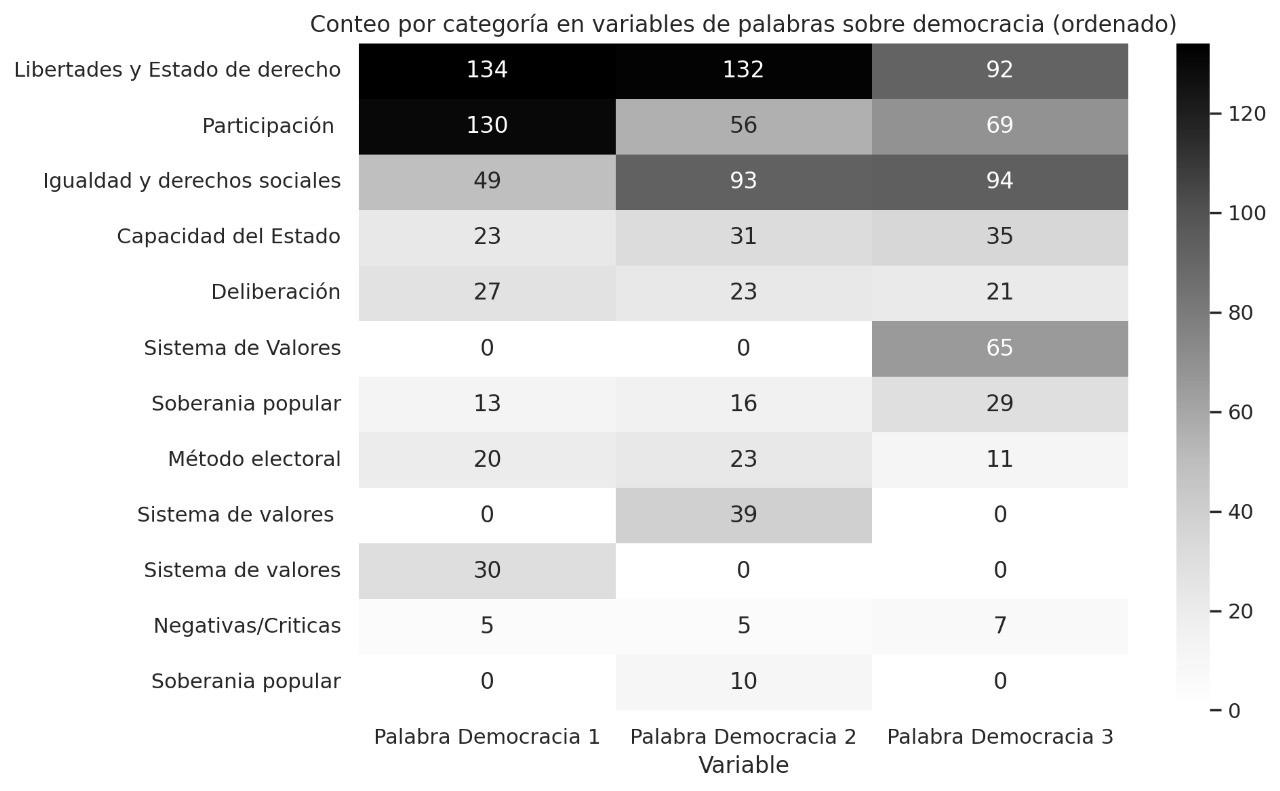

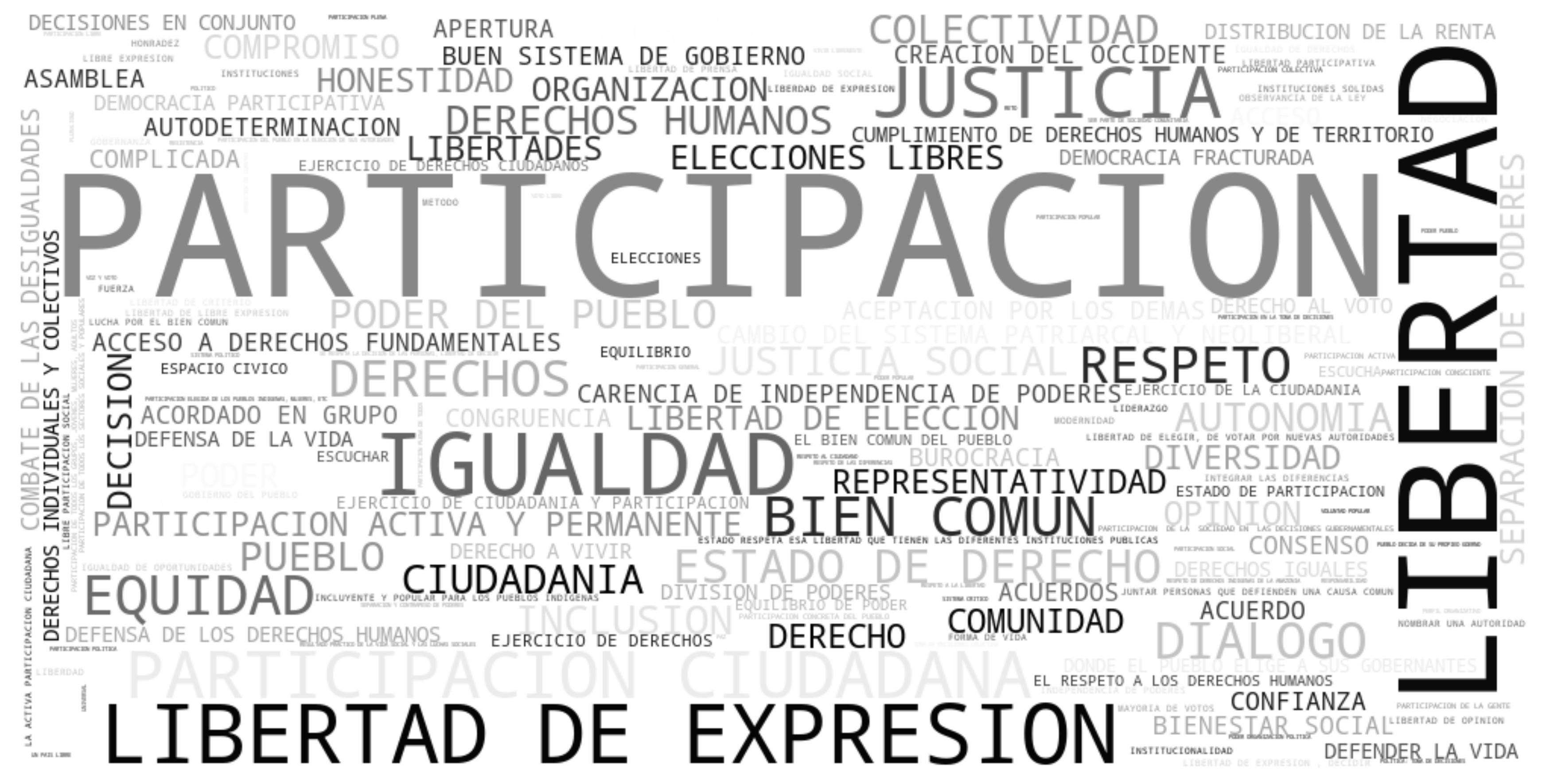
However, only 16.5% believe that the type of democracy that exists in their country allows citizens to regularly participate in decision-making, while 63.6% consider it to be merely an electoral democracy
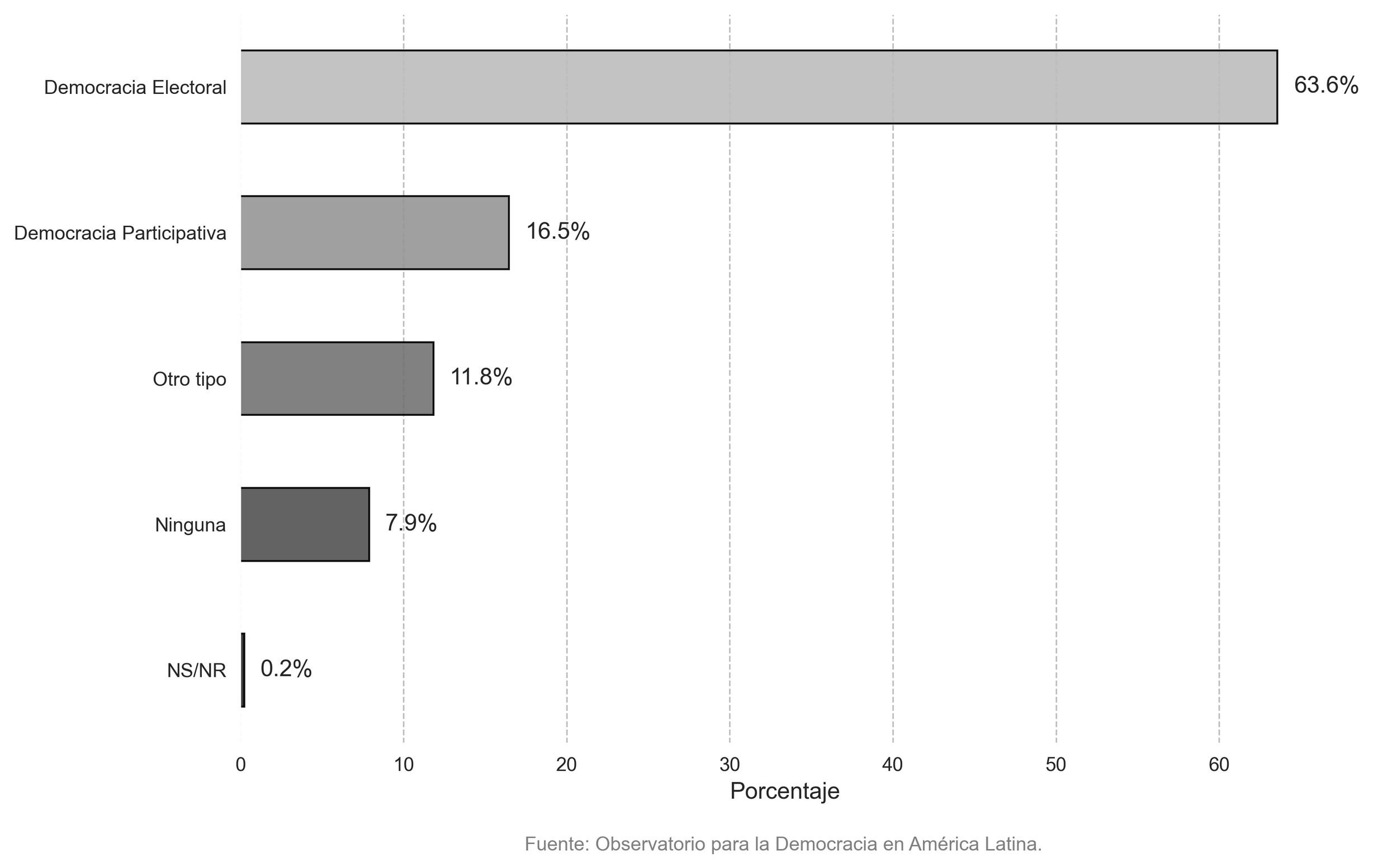
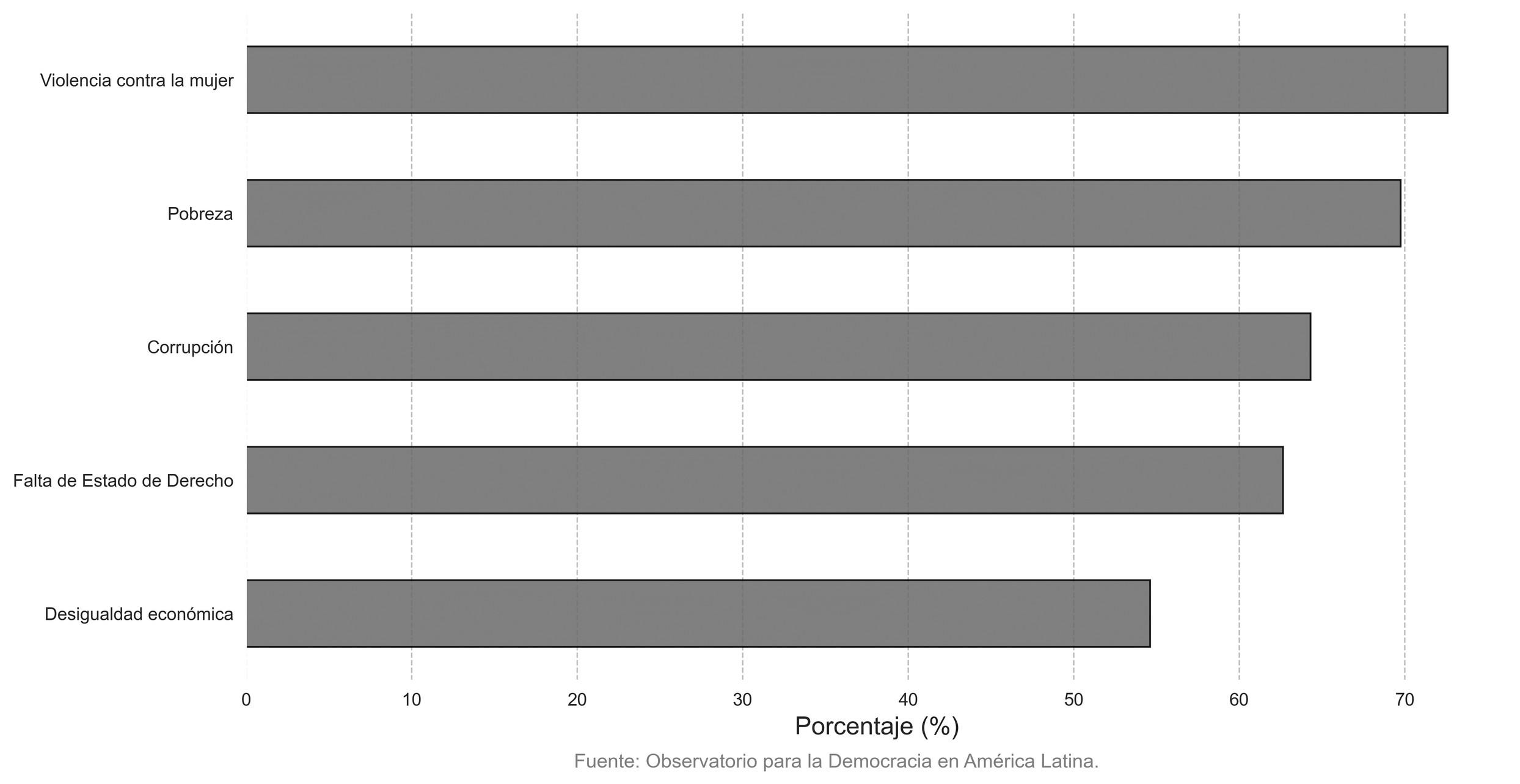
The five most urgent problems that social leaders believe a democracy must be addressed are: violence against women, poverty, corruption, the rule of law, and economic inequality.
Conduct a second phase of research based on qualitative studies gain an in-depth understanding of their expectations of democracy.
Collaborate with other regional members of the Task Force on Democracy and Human Rights to develop a common framework for empirical data collection and analysis.
Education for democracy
Implement an inter-institutional master degree program on Democracy and Human Rights
Establish collaboration with other Democracy Programs/Center/Observatories in jesuit University around the World.
Professional Applied Program
Advocacy
Based on the experience and projects developed by the Amazonian region:
Train social leaders from specific communities in Latin American metropolitan areas to actively participate in identifying priorities and expectations to improve democratic participation and government.
Enhance the leadership skills, civic commitment, and international networks of youth leaders to create defend democratic projects based on original data produced by the observatory.
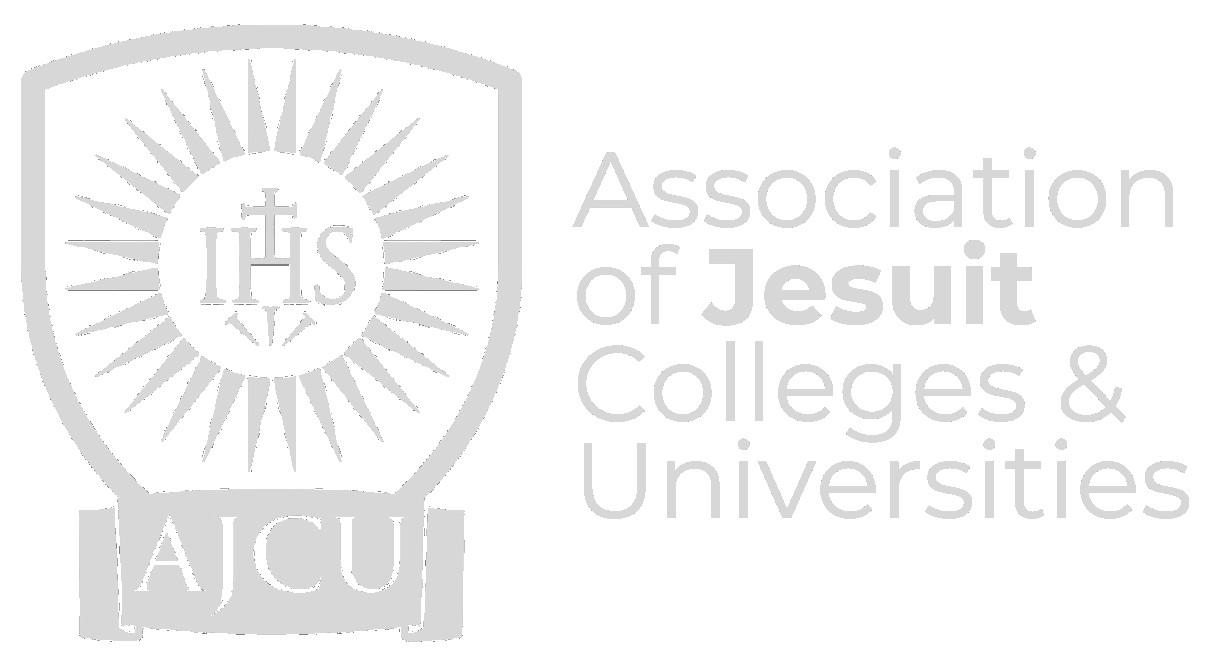

After long considering itself a stronghold of democracy, there are many unprecedented questions today:
• Growing public DISTRUST of elections and their legitimacy and outcomes
• Conflicting understandings of, and rulings by, the courts
• DISSATISFACTION with, and discrediting of, the traditional media
• An emphasis on executive authority, over other branches and the citizens
• Use of the budget in DISMANTLING long-standing institutions
• Parties and other civil society organizations are less effective at channeling interests
• For many, a minimalist and, at times venal, view of democracy
→ Universities have been a particular target of critiques by the public and political leaders
→ Universities are playing a crucial role to:
• offer analyses of the evolving reality
• provide counter-narratives based on social justice and the common good
• educate for democracy
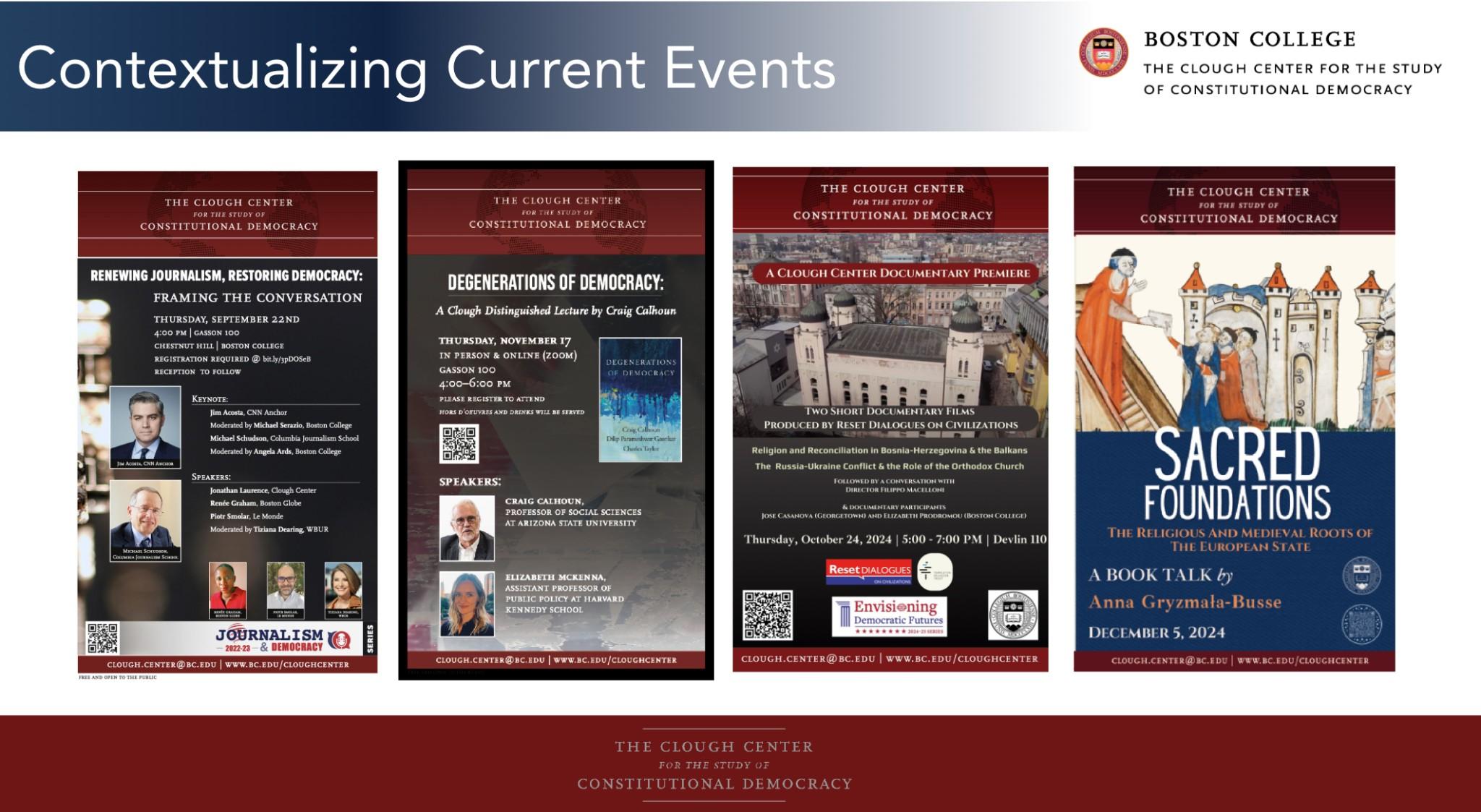
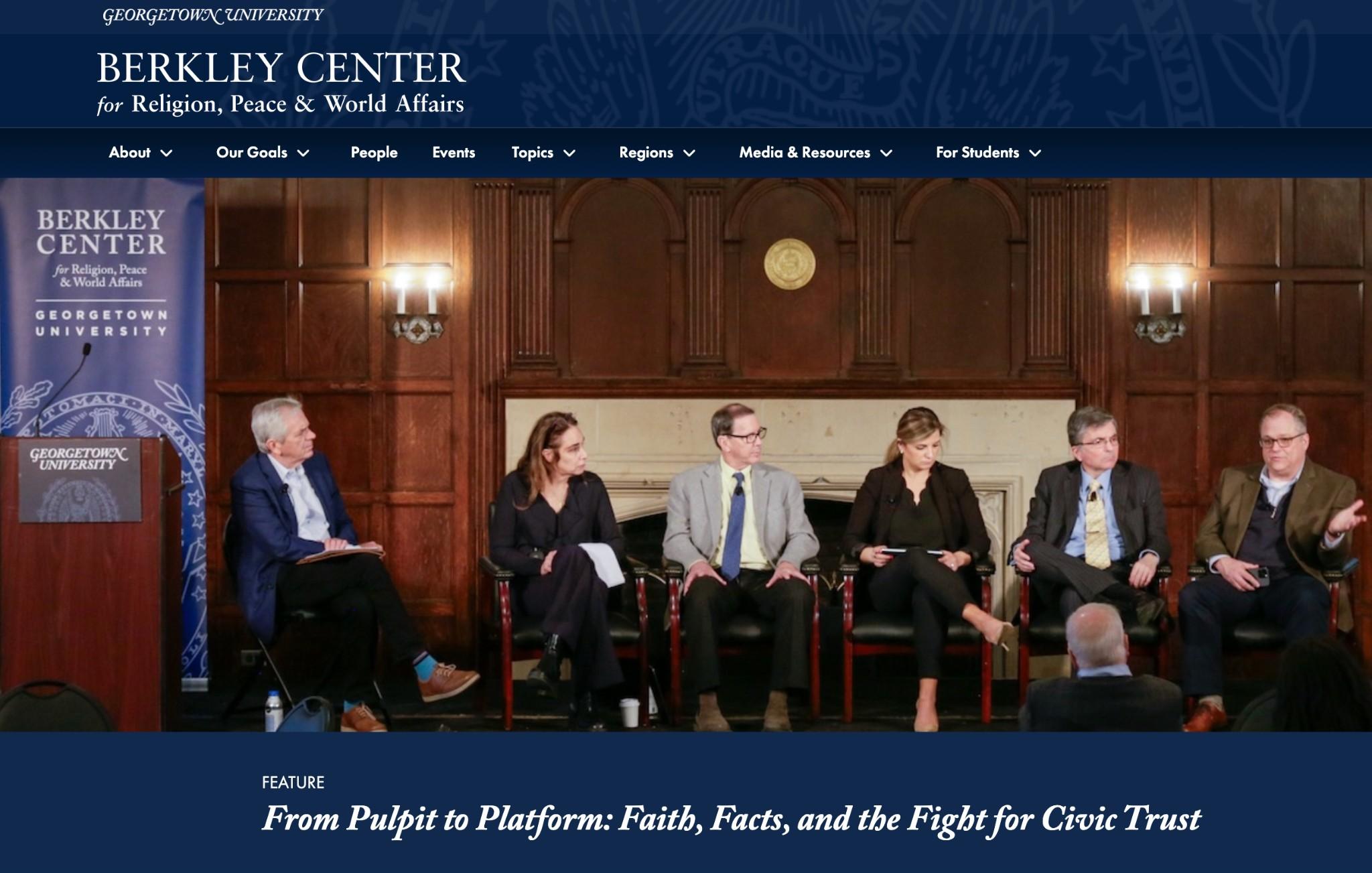
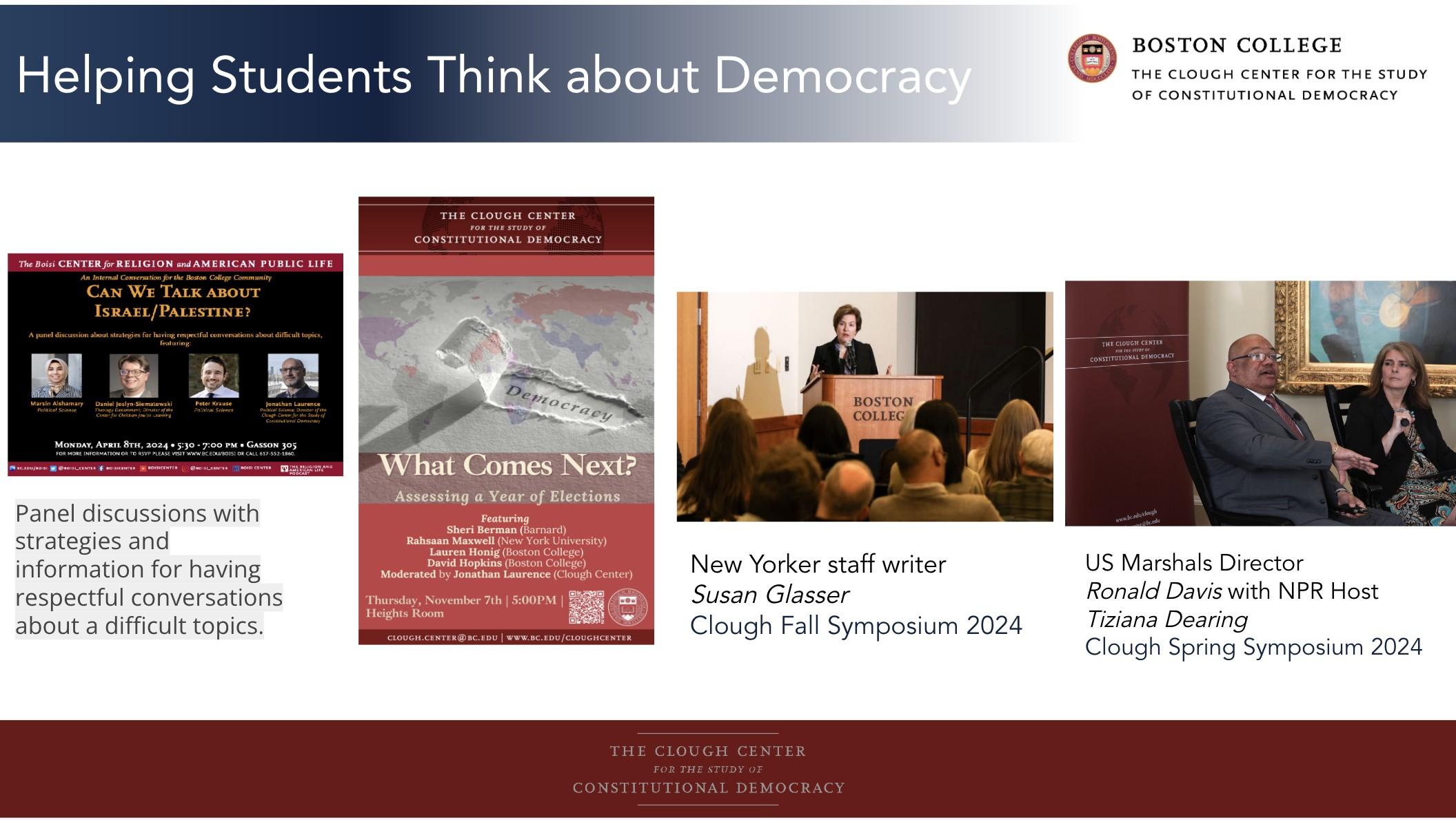
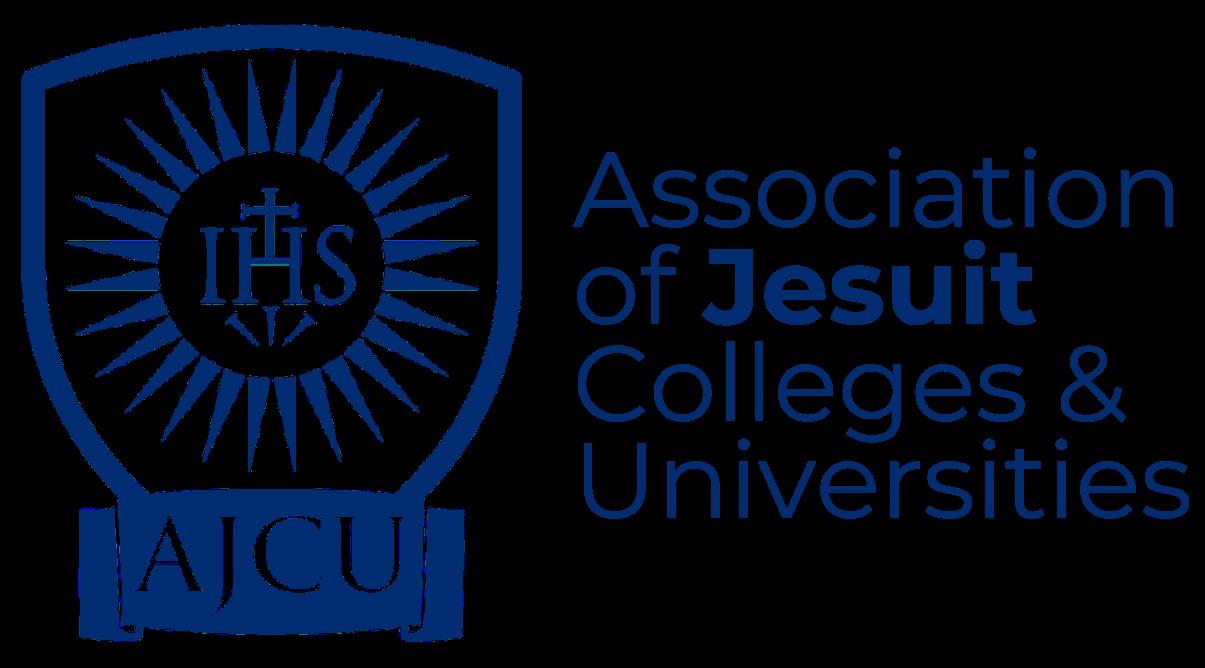
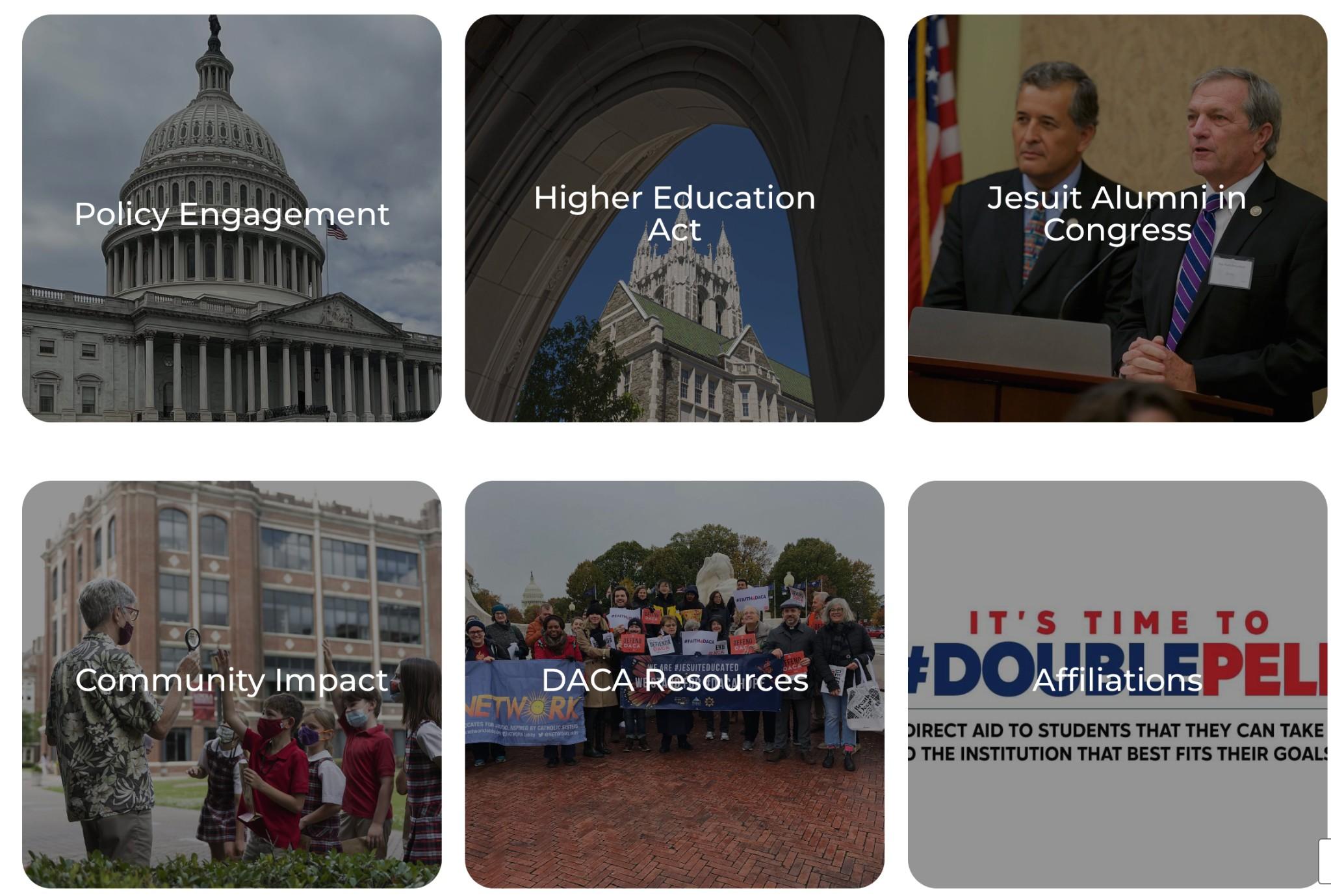
Our Jesuit network has unique resources and opportunities
● Grounded in local communities & political realities
● Able to offer a coordinated voice across the nation
● Our religious foundation gives us a distinct moral and legal voice
Making our universities laboratories and models of democratic discourse, working in consort to nourish democratic values and practice
Philip Arnold P. Tuano Philippines/ Asia/ AJCUAP

preference for democracy
Preference for Democracy, 2001-2016
% of Respondents Preferring Democracy over Other Types
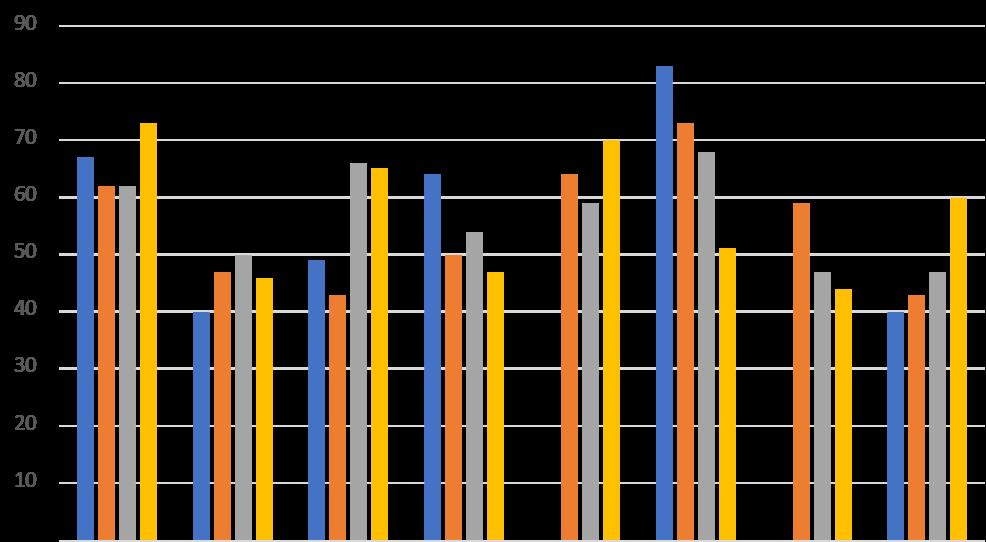
Japan Taiwan S. Korea Philippines Indonesia Thailand Singapore Wave 1 Wave 2 Wave 3 Wave 4
quality of democratic institutions
data on Democratic Quality, 1986- 2023
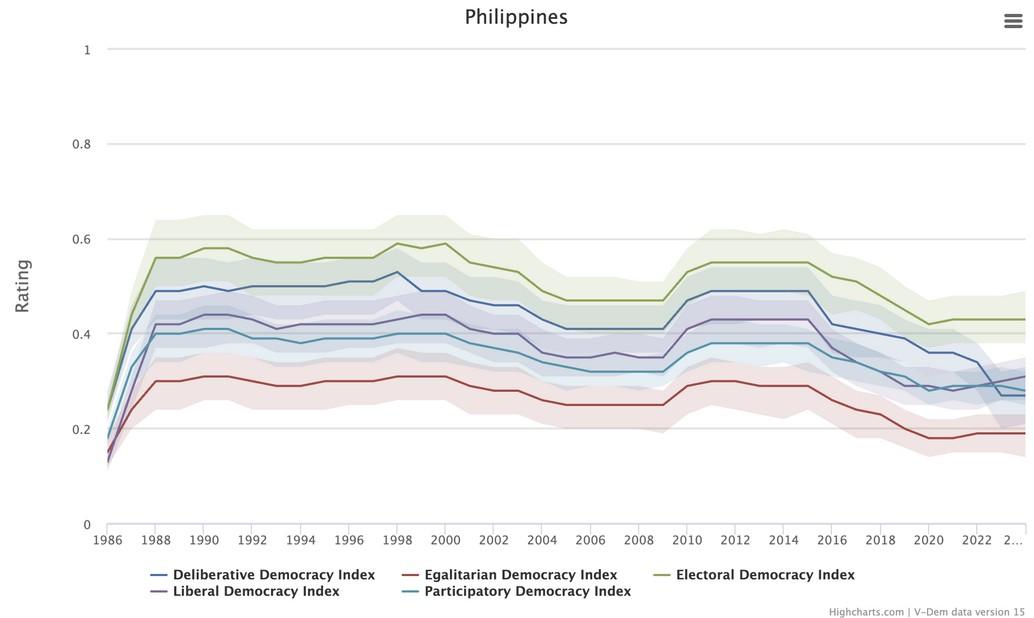
Note:
Wave 1, 2001- 2002; Wave 2, 2005- 2007; Wave 3, 2010- 2012; Wave 4, 2014- 2016
Source: Yun-Han (2020), Asia Barometer.
Source: V-Dem Data [Philippines-2024] Dataset v14
Highlights of 2025 Philippine Observatory on Democracy: Study in key cities:
• Presence of persistent authoritarian nostalgia and fragmented and paradoxical views over democracy, but with possibilities for reform
• Democracy equated with procedural democracy and social and economic opportunities, rather civil liberties and accountability
• Democratic satisfaction higher at the local rather than national levels
• Disinformation and polarization as specific concerns
• Need to extend democracy practice beyond elections
Launched the Philippine Observatory on Democracy (POD) Report, a multicity representative survey examining the current state of democracy in the PH last April 25
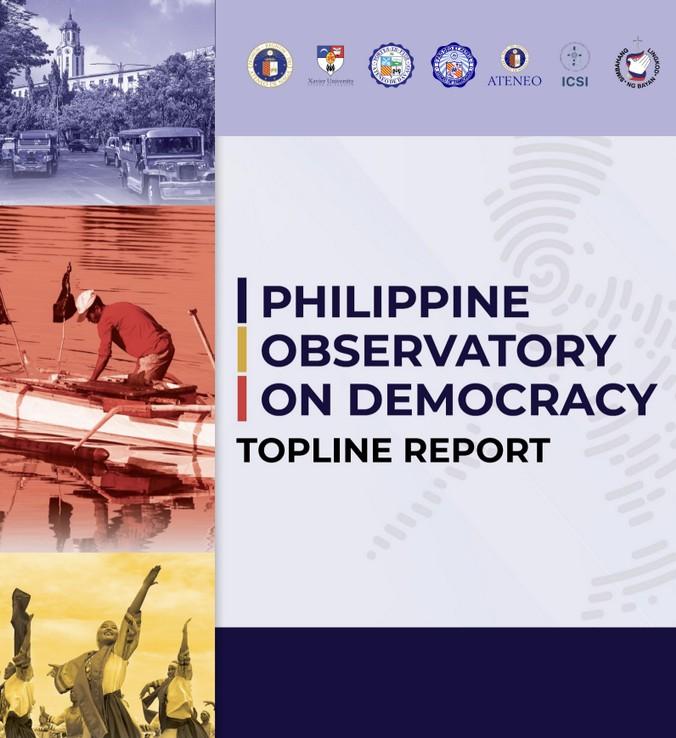
The POD consortium is set to write at least five working papers and scholarly articles this year to analyze the impact of different factors to democracy, and understand the overall democratic disposition of Filipinos today
Conducted five brown bags across Jesuit universities to discuss the results of the survey
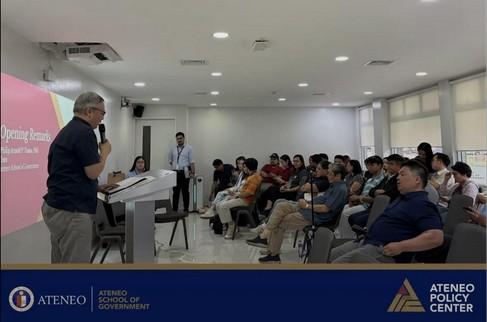
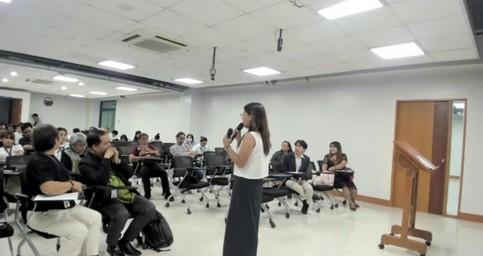
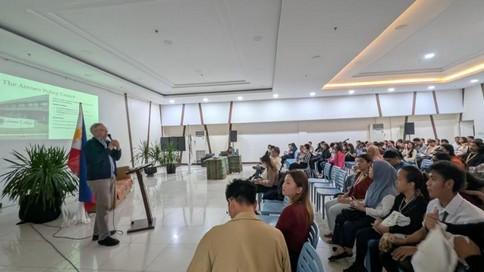
Launched the POD Topline Report through a press conference and thru post-election events to reach the general public
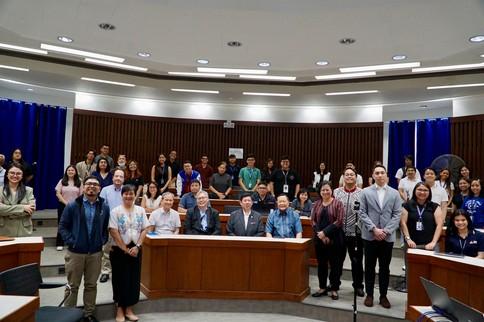
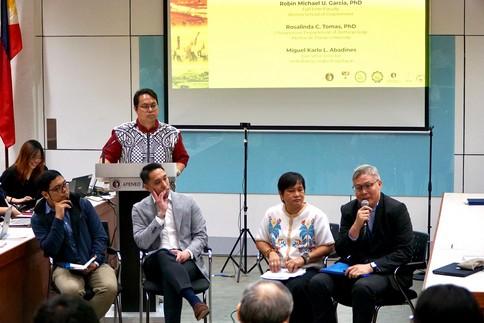
Research communication that reaches beyond the academe and into media
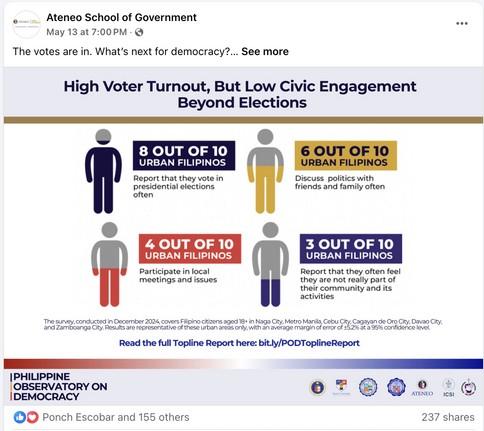

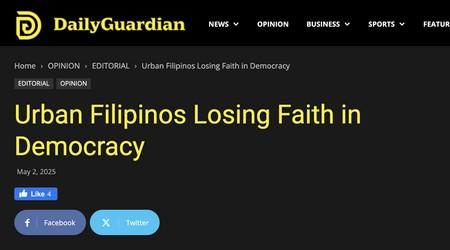
Continuing anti-misinformation programs with the youth that spots vulnerability to fake news
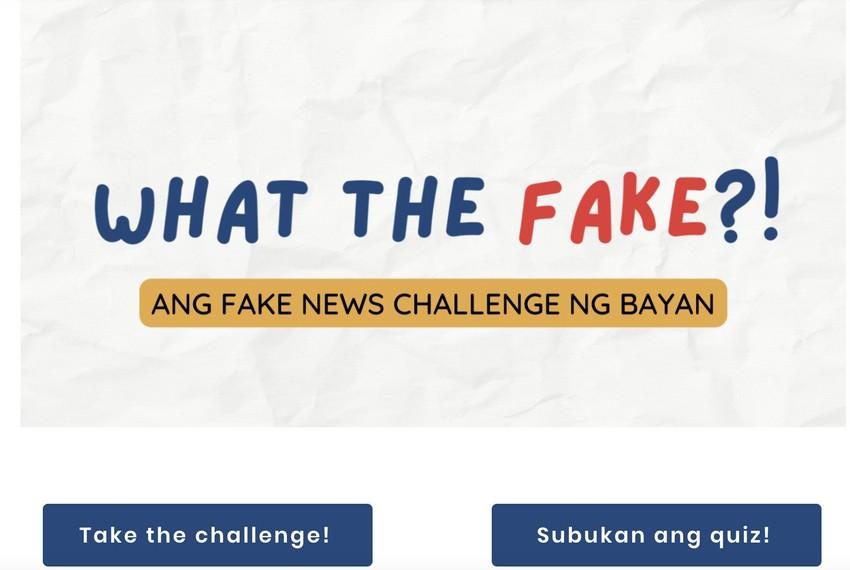
#1: Deepen the understanding
● Undertake qualitative research to complement the quantitative data we collected
#2: Assess practical implications
● Understand POD data collected are congruent with the results of recent mid-term elections
#3: Widen the scope
● Undertake a national survey, development of democracy indices at the local level
#4: Support research efforts in Asia:
● Assist efforts of Sanata Dharma (Indonesia), Myanmar Leadership Institute (Myanmar), Sogang (South Korea)
● Enhancing formation of young leaders interested in politics
● Strengthen ethical formation of bureaucrats
In partnership with CSOs and research institutions, planning for greater local participation in the following:
● Barangay (Community) Assemblies
● Community Dialogues and Local Development Councils
● Democratic Education via Media organizations: developing new forms of citizenship/ political education
#1: Policy Advocacy/Proposals:
● Strengthen political party formation through reforms in in party administration
● Reform the education system in the Philippines, starting from the primary level, by: combating historical revisionism and embedding democratic governance
● Fight misinformation by setting guardrails on social media through policy reform
#2: Partnerships with Jesuit social apostolate institutions and civil society organizations: Vote monitoring, voter education and fact-checking during election periods

Most South Asian nations hold regular elections, with high voter turnouts, particularly in India and Bangladesh. However, these electoral successes often mask deeper democratic deficits. For example:
• India, the world’s largest democracy, is facing concerns over democratic backsliding. Freedom House (2024) downgraded India’s status to “partly free,” citing restrictions on media freedom, dissent, and minority rights.
• Pakistan operates under a hybrid regime where democratic governments function under the shadow of a powerful military and intelligence establishment.
• Bangladesh has witnessed increasing authoritarianism under a dominant party system, with accusations of rigged elections and suppression of opposition voices.

by PAUL NEWMAN
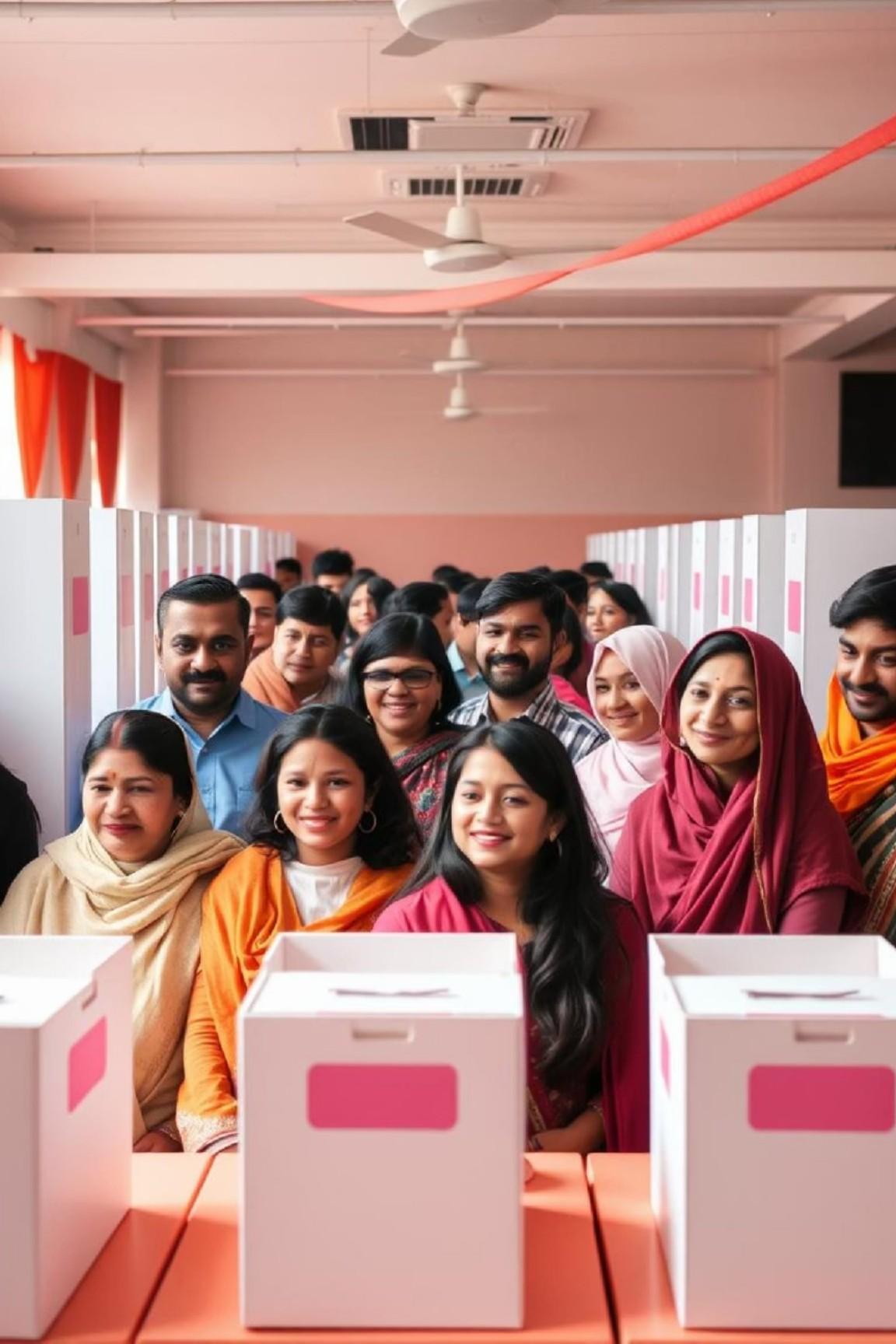
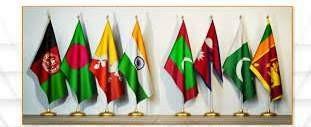
Many South Asian democracies suffer from weak institutions:
Nepal has struggled with frequent changes in government and constitutional crises postmonarchy.
Sri Lanka has experienced democratic erosion due to executive overreach and ethnic majoritarianism, especially during and after the civil war.
• In several nations, judicial independence is compromised by political appointments or intimidation, weakening the rule of law.
• Media Freedom and Civil Liberties
• In Pakistan and Bangladesh, journalists face harassment, disappearances, and state surveillance.
• India ranks poorly in the World Press Freedom Index (2024) 161 out of 180 , with growing censorship, internet shutdowns, and criminal cases against journalists.
• Press freedom and civil liberties are increasingly under threat
India accounts for a majority of internet shutdowns globally (79 in 2023), raising concerns about digital freedom.

Democratic systems in South Asia often fail to protect minority rights:
India and Sri Lanka show patterns of majoritarian nationalism (Hindutva and Sinhala-Buddhist respectively), marginalizing minorities.
The Rohingya crisis in Myanmar (historically South Asia-adjacent) and the treatment of religious minorities in Pakistan and Bangladesh illustrate the challenge of inclusive democracy.
Despite setbacks, civil society and grassroots movements continue to resist authoritarianism
India’s anti-CAA protests, farmers’ protests, and women-led movements
Showcase democratic resilience
Nepal and Sri Lanka have seen significant people’s movements demanding political reforms and accountability.
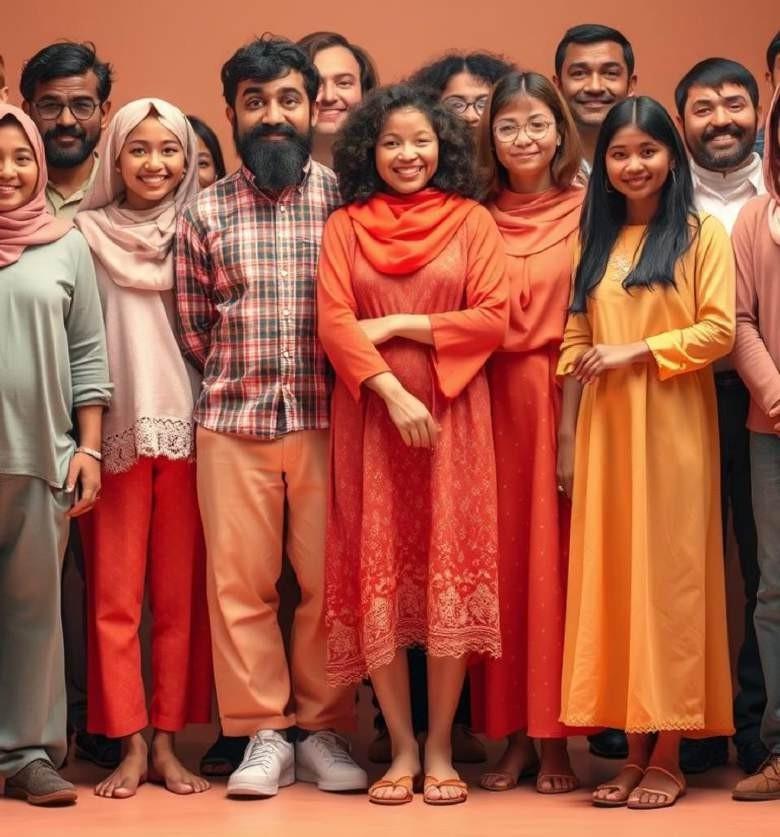
Widespread corruption remains a barrier to good governance
• Patronage networks and crony capitalism undermine fair democratic competition.
:
South Asia’s deep-rooted inequality affects democratic participation:
The poor and marginalized, especially Dalits, Adivasis, and women face structural barriers to representation. In India a mere 14% women are parliamentarians which is the highest in SA
Economic policies often cater to elite interests, further distancing the common citizen from the democratic process.
All Jesuit institutions have course in political science, public policy, Social dynamics, Democracy, electoral systems, public administration, Indian Constitution etc which are part our BA, MA and PhD programmes Students manifesto
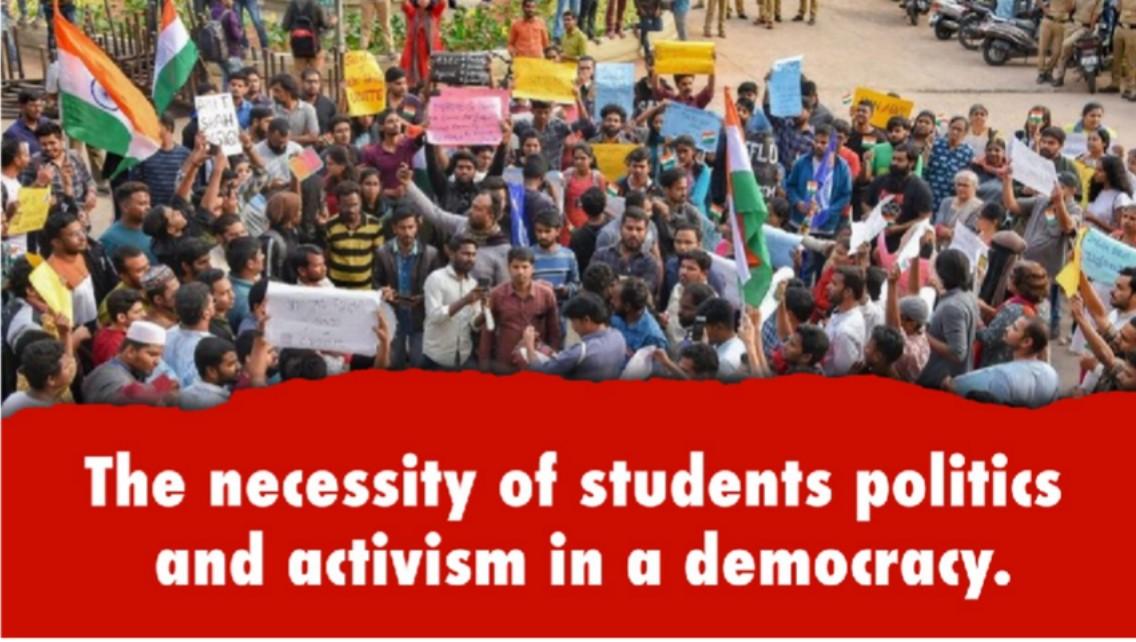

Conduct constituency-wide surveys

Write articles on democracy in leading journals and new papers

Awareness campaigns and door-to-door drives.

Guest lectures, interactive sessions, and public seminars focused on democracy, electoral rights, and civic responsibilities.

Capacity-building workshops for student leaders and first-time voters.


Large-scale Voter ID registration drives across colleges and universities. Support logistics, voter assistance, and awareness booths.

Help desks to assist students in checking their electoral roll details and submitting applications.

Understanding public concerns, local governance issues, and voter sentiment in the run-up to elections.
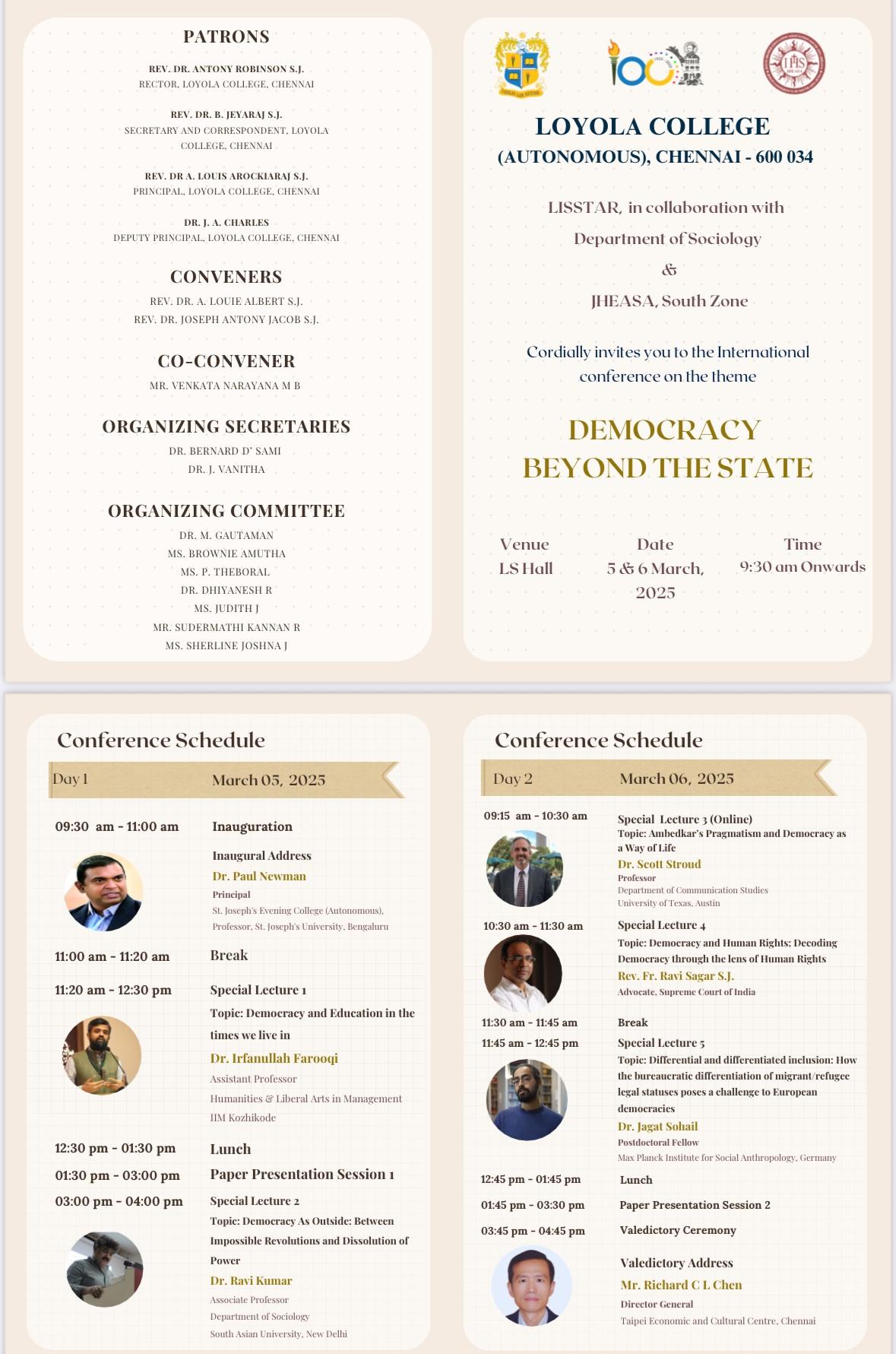
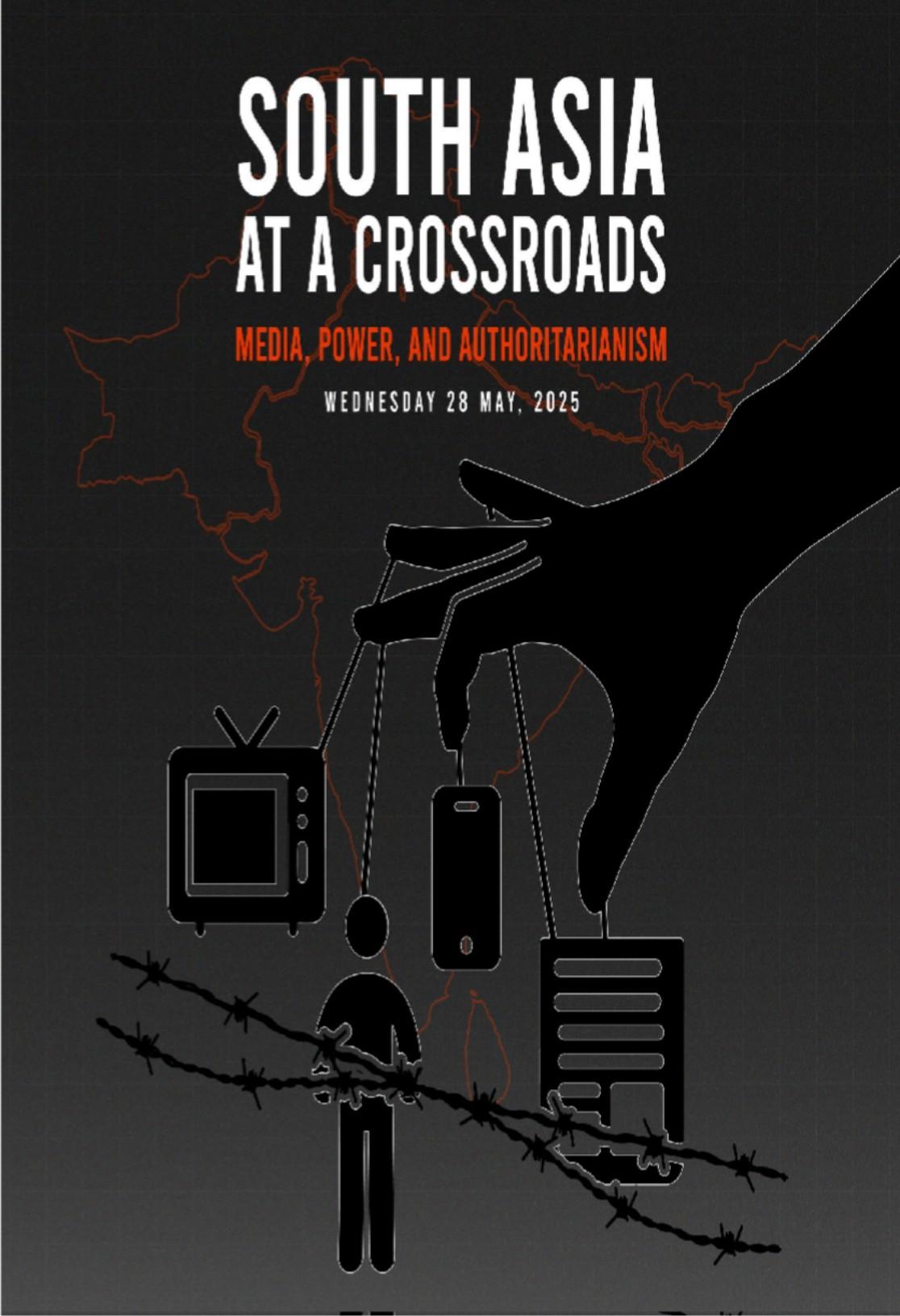
Encourage research on strengthening Democracy
Make short videos on democracy
Develop tools to network with like minded forces across the world to foster democracy
Strenghten democratic frameworks though our institutions and address the Challenges faced by Democracy
Design Advocacy programmes to strengthen democracy and Challenge the Fascist Forces
Network to start programmes in Political Science and Public Policy
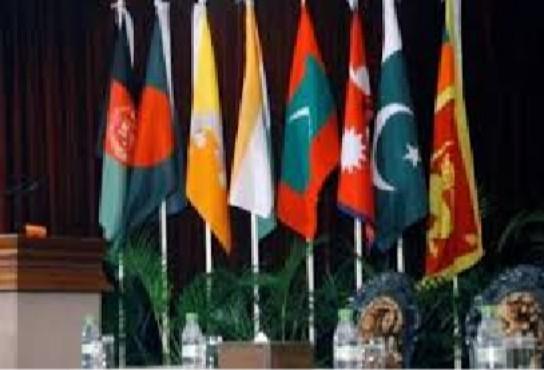
Elias O. Opongo, SJ

*Democracy as a work in progress in many African countries
*What are the ‘alternatives that matter’?
*220 coups: 109 succeeded and 111 failed
*Decolonial studies: Imperial capture of democracy in Africa for close to a century
Debt burden: 50-70% GDP
Corruption
Mass unemployment
Economic exclusion
Political exclusion
* Ethnicized politics
• Social exclusion –regional, religious, ethnic
• Weak democratic structures
Rwanda, Tanzania, Uganda, Ethiopia, South Sudan, Kenya, Eritrea, Burundi…
* Coups in Guinea, Burkina Faso, Mali, Niger Republic, Chad, Gabon and Sudan – military rule
Electoral JusticeDistrust & lack of transparency in electoral system
• Often large turn out but manipulated results
• Election related conflicts – Kenya, Ethiopia, South Sudan, Somalia, Mozambique, Cote d’Ivoire, Nigeria
• Inclusive systems of governance
• Incorporation of the youth in economic empowerment

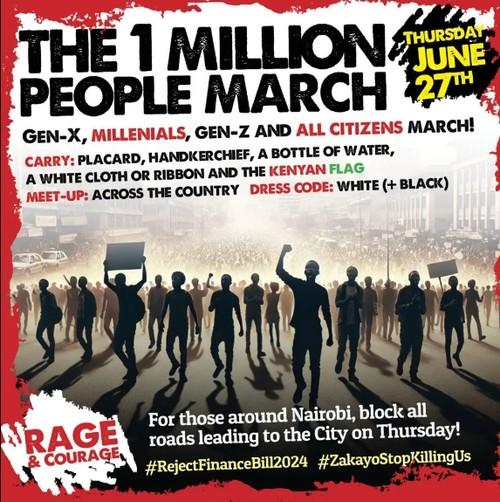
the expanding terrain of digital dissent in Kenya, how youth leverage digital technologies to challenge governance failures,
* a distinct form of activism that originates in
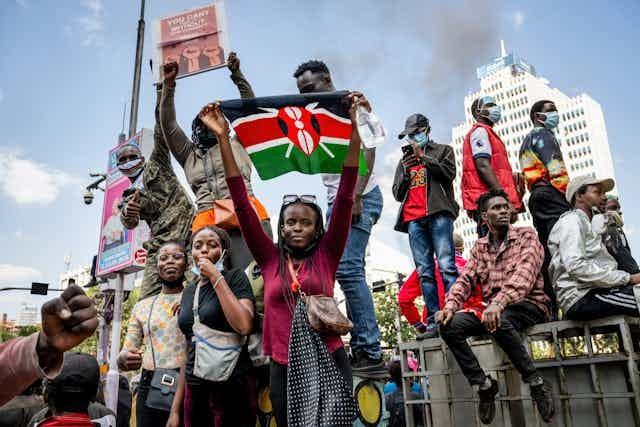
Drawing on theories of networked movements, connective action, affective publics, and the networked public sphere, the study examines how: Kenyan youth, particularly during the 2024 #RejectFinanceBill protests, humor, satire, and visual storytelling to articulate political grievances and co-create new civic grammars.
Continuous physi-digital disssent – in 2025 calling for political and economic accountability
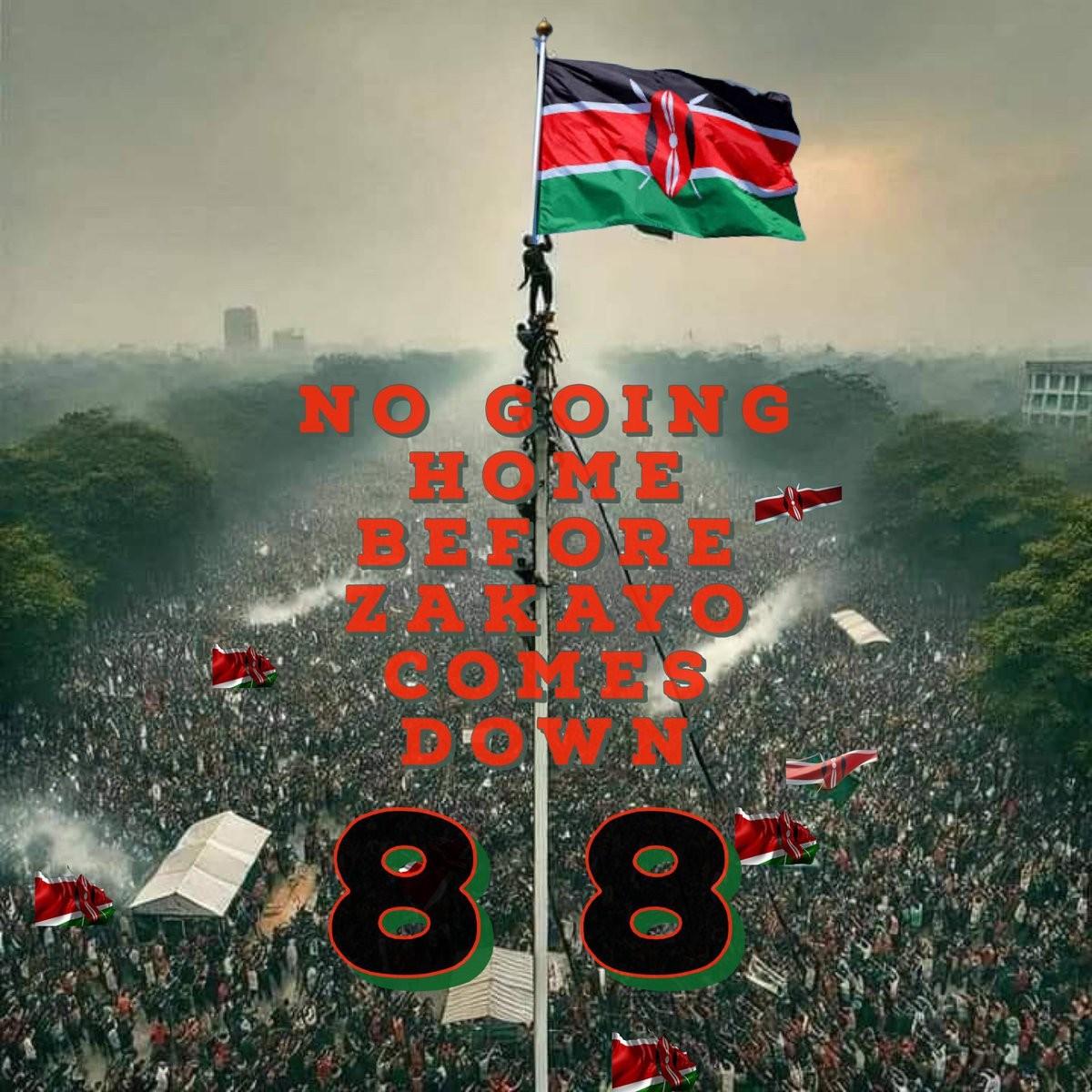
I focus on the research at the Centre for Research, Training and Publications (CRTP) at Hekima University College
• For the last five years, the CRTP has been conducting conflict monitoring research in Kenya, Ethiopia, DR –Congo & South Sudan
• In the last two years, we conducted research on democracy and citizen participation: women & political processes; CSOs & religious institutions theories of change and conflict transformation
• Kenya: Recent research has examined – Digital Mobilization and Democracy
• Kenya: Digital dissent
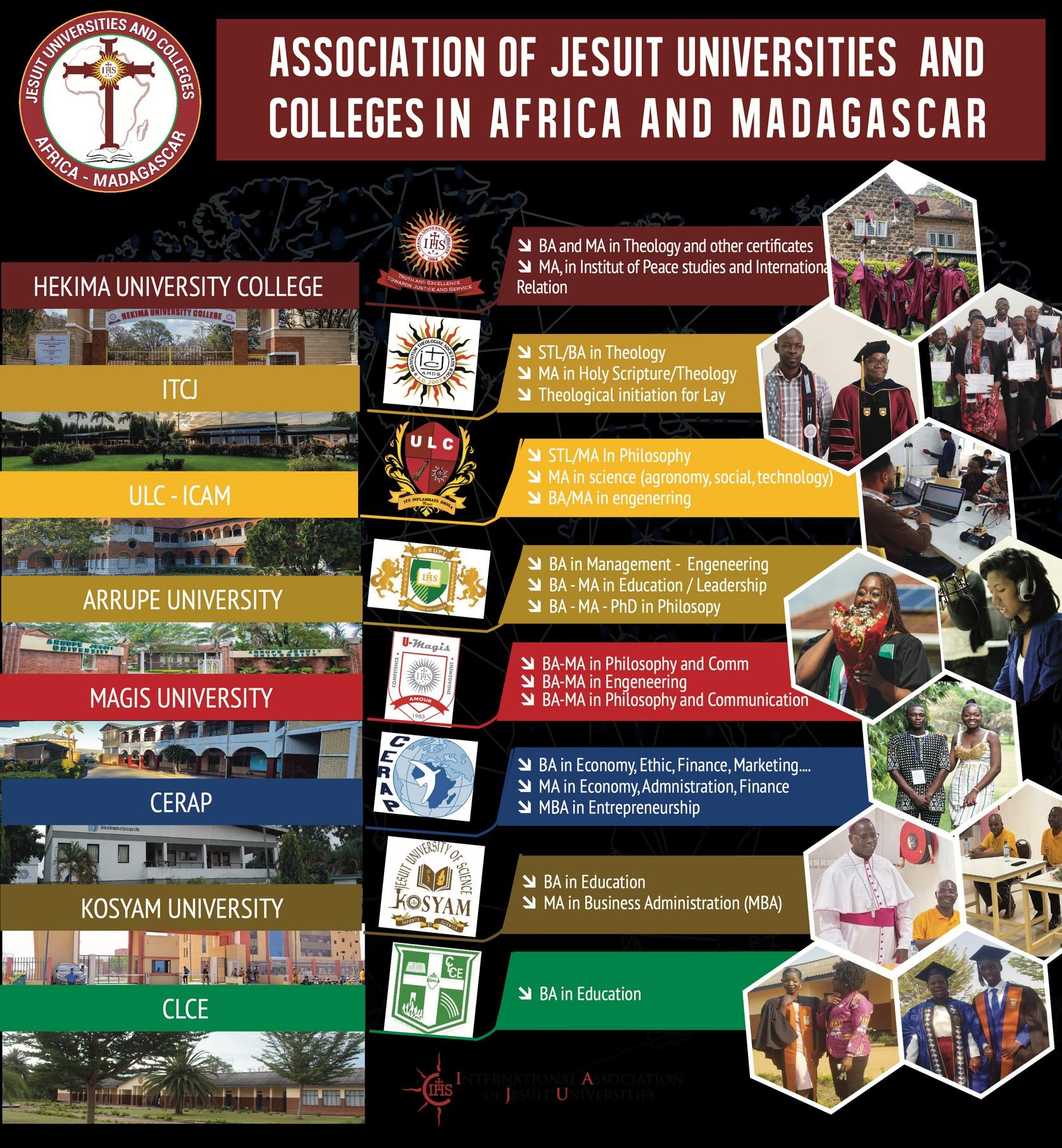
Economic Growth & improved quality of life VS worsening conditions of life (77%)
Trust in institutions of governance VS lack of trust in government (62%)
Sonia Alonso Sáenz de Oger
University of Deusto


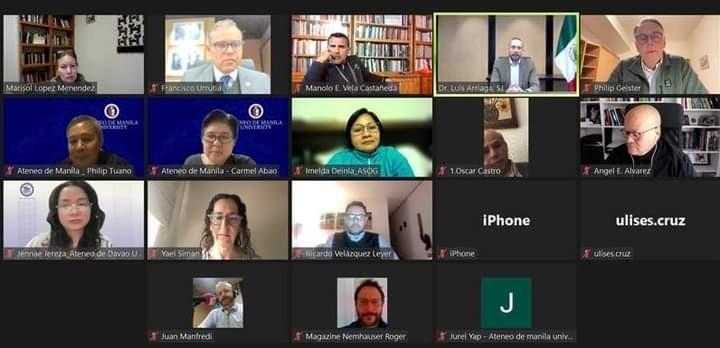

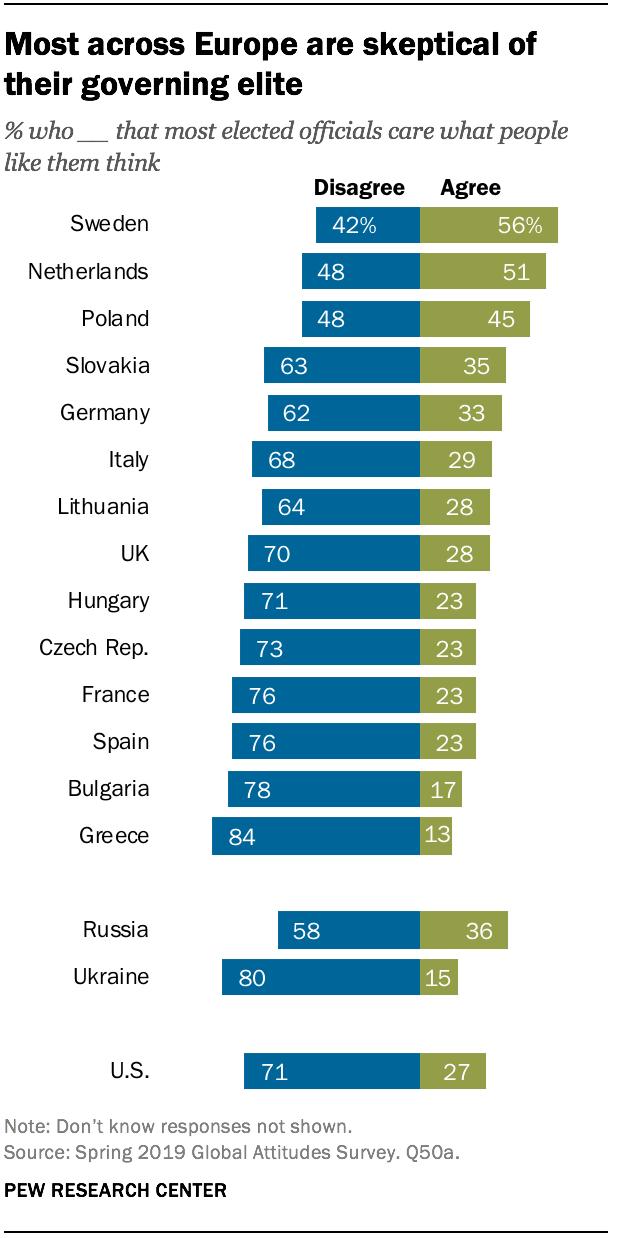
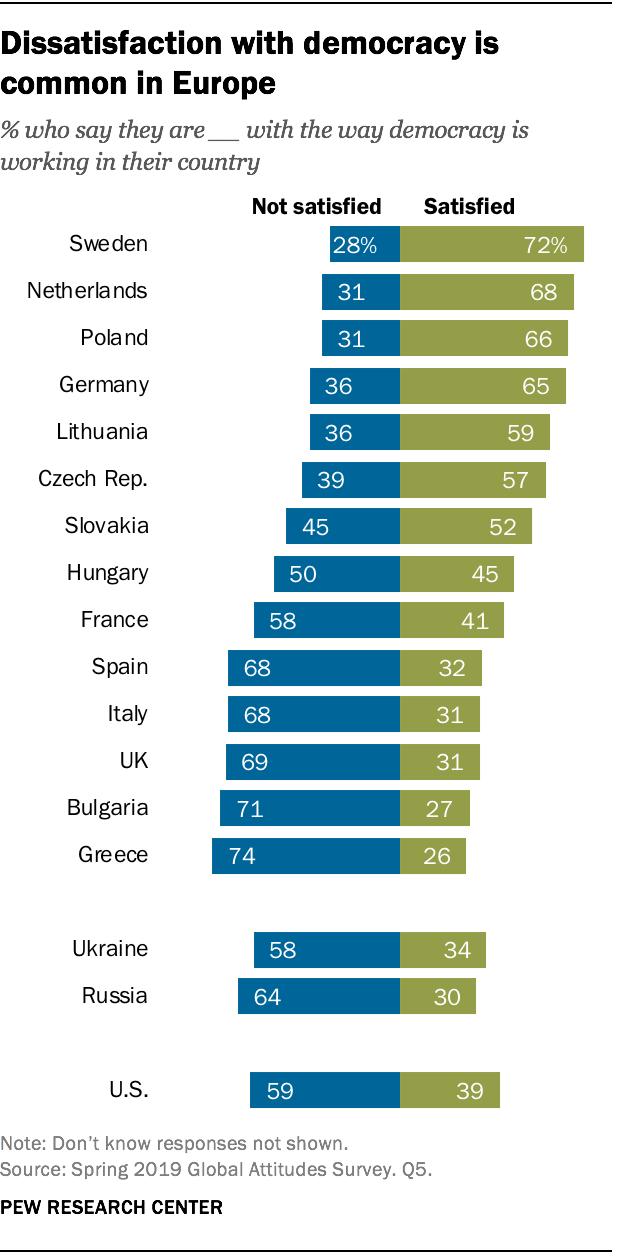
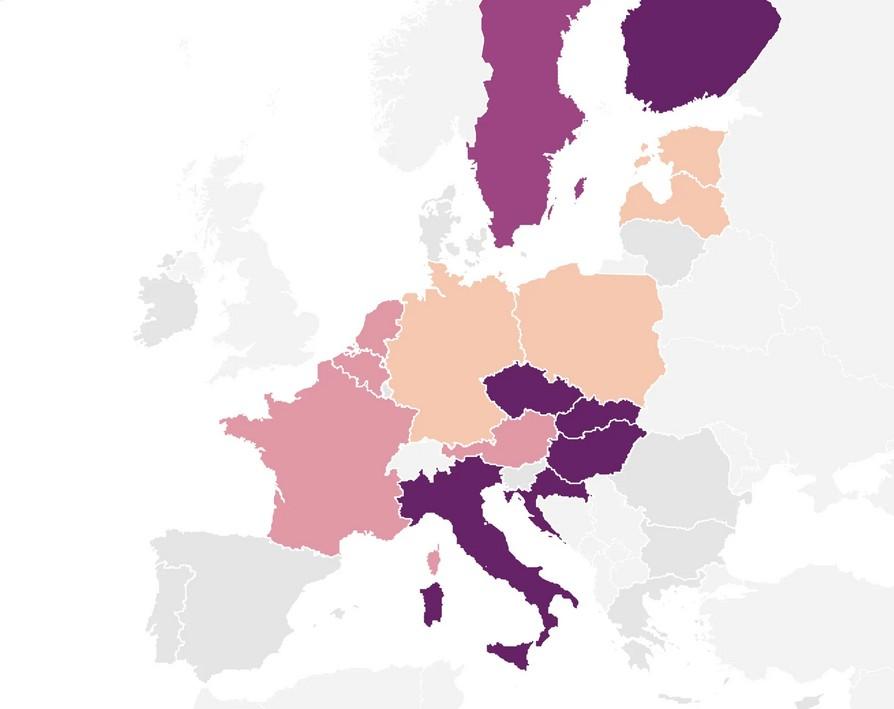
POLITICO.EU MAY 24, 2024 BY
GIOVANNA COI
Growth of RRPs: illiberal agendas, fuel anti-immigrant attitudes and anti-science conspiracy theories.
6 EU countries have radical right parties (RRPs) in government.
RRPs have 25% of all seats in the European parliament.
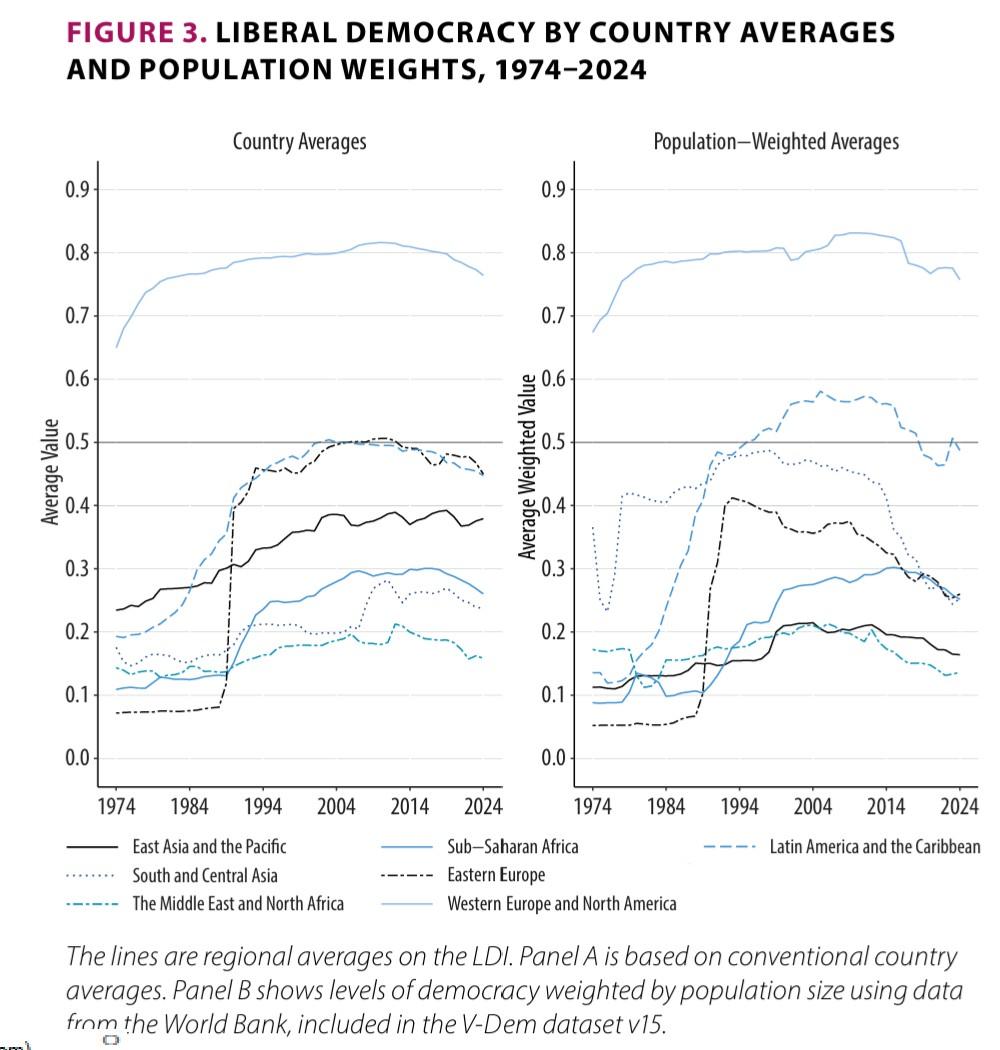
Democratic backsliding is present across Eastern and Western Europe. Lebanon is categorized as an autocratic country by the VDem Institute (2025 Democracy Report).
• Research on democracy and human rights is spread across 17+ research centres and groups.
• High impact publications.
• Competitive national and European projects.
• Some degree of collaboration across JHEIs.
• Next steps:
• Focalization, coordination, joint research projects.
• KIRCHER NETWORK: “Promoting joint research by broadening participation in HEST clusters and forming new groups focused on strategic topics related to the UAPs, such as democracy”.
• UNIJES: Setting-up a Reference Research Centre (RRC/CIR) for the study of democracy based at the University of Deusto.
• Education on democracy and human rights is spread across degrees and post-graduate programmes:
7 Degrees 11 Dual degrees 3 Masters 3 PhD programmes
• Other education activities and actions focused on democracy and human rights:
• EUPeace Alliance for teaching humanistic and democratic values (University of Comillas)
• Ethics course across the curriculum (University of Deusto and ESADE)
• Learning and Service (ApS) courses, in collaboration with third-sector organizations (ESADE)
• Education days, connecting students, civil society and profesional associations (University of Loyola)
• Staff Training Weeks with Portuguese Catholic U. – “Civic literacy” (AY 24/25) (University of Loyola)
• COMPASS in the classroom – Manual for Human Rights Education with Young People, Council of Europe (U. Comillas)
• Next steps:

• Integrating research, teaching and advocacy activities/actions into a coherent educational programme.
• Increasing inter-university degrees and/or post-graduate programmes dealing with democracy and HRs.
• Generating a repository of Jesuit universities’ best practices regarding the teaching of democracy and HRs.
• Alignment with Agenda 2030 SDGs.
• Research with social impact:
• Dissemination activities.
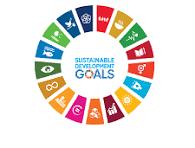
• Applied projects of democratic innovation in collaboration with public administrations and civil society.
• Open data: bringing knowledge about democracy closer to society.
• Collaboration with third-sector organizations that advocate for democracy and human rights.
• Next steps:
• Improve communication of scientific findings to the larger society.
• Combat mis/dis-information and conspiracy theories.
• Deepening the social impact of our research.
Universities are called to be: the critical conscience of society, to educate in the values of democracy and to promote the common good.
They must resist the temptation to close themselves off and instead engage with the world, fostering dialogue and understanding among diverse cultures and perspectives.
